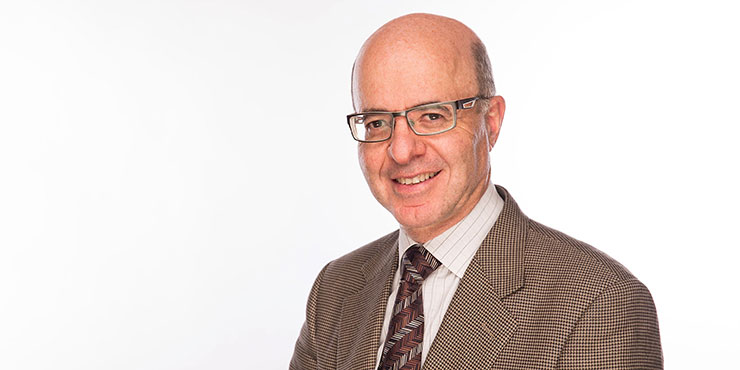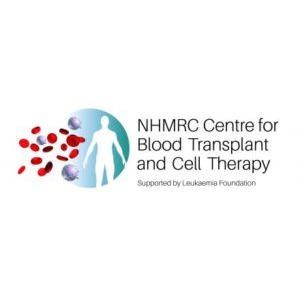Multi-Million Dollar Research Program to fight GVHD
Chief Australian Investigators: Professor Geoff Hill, Dr Siok Tey, Professor David Gottlieb (pictured), Professor David Ritchie, and Associate Professor David Curtis
Location: The Centre for Blood Transplant and Cell Therapy, National
Research Aim: To meet the urgent need for new approaches to better prevent and treat the potentially deadly graft versus host disease.
Graft versus host disease (GVHD) is one of the most significant contributors for transplant related deaths. In Australia, an alarming 50 to 70 per cent of stem cell transplant (SCT) recipients will develop GVHD.
GVHD occurs when donated cells (the graft) see your body cells (the host) as foreign and attack them. Chronic GVHD severely compromises a person’s quality of life, causing severe abdominal pain, mouth ulcers, muscle or joint pain and extreme damage to vital organs such as lungs and liver.
Twenty percent of stem cell transplant recipients will develop severe acute GVHD that does not respond to conventional treatment, resulting in more than half of these individuals dying.
The Centre for Blood Transplant and Cell Therapy (CBTCT) will receive $1 million over five years from the Leukaemia Foundation to invest in better outcomes for people living with GVHD. The Leukaemia Foundation is a major partner and the only non-government organisation to support the CBTCT project.
About the CBTCT
The CBTCT aims to improve the prevention and treatment of GVHD by:
- Changing the clinical practice for treating transplant recipients who have GVHD.
- Discovering biomarkers with diagnostic, prognostic and predictive power, to prevent GVHD.
- Using novel agents, such as chimeric antigen receptor (CAR) T-cells therapy, immunomodulatory and immunotherapy agents and genetically modified T-cells, to reduce blood cancer relapse and improve patients’ survival.
“The potential from this research has been very promising in theory, and we are optimistic that we can replicate them into reality in the coming years,” Prof David Gottlieb said.
To do so, the CBTCT project will include prevention studies that will investigate new therapies for GVHD and relapse. The studies will comprise of a pilot study, a Phase I, a Phase I/II, and two Phase III randomised trials. There also are treatment studies with three early Phase I, a Phase I/II, and a Phase III trial.
To ensure patients have equitable access to the research and trials conducted by the CBTCT, the Leukaemia Foundation also will provide some additional funding for eligible patients for their transport and accommodation needs.
This research and clinical trials will be conducted at the BMT/SCT units in Brisbane (Royal Brisbane and Women’s Hospital), Sydney (Westmead Hospital) and Melbourne (Royal Melbourne Hospital, The Alfred Hospital), with involvement from SCT units in Adelaide and Perth.
The CBTCT project is led by world leaders in transplant research. Chief Australian Investigators include Professor David Gottlieb, Professor Geoff Hill, Dr Siok Tey, Professor David Ritchie, and Associate Professor David Curtis. International Chief Investigators on the team are Professor Bruce Blazar (University of Minnesota, US) and Professor James Ferrara (Icahn School of Medicine, Mount Sinai, US).
The CBTCT’s scientific partners are Queensland Institute of Medical Research, University of Sydney, University of Melbourne and Monash University in Australia, and the international centres are the University of Minnesota and Icahn Centre School of Medicine at Mount Sinai in New York, both in the US.
Last updated on August 6th, 2020
Developed by the Leukaemia Foundation in consultation with people living with a blood cancer, Leukaemia Foundation support staff, haematology nursing staff and/or Australian clinical haematologists. This content is provided for information purposes only and we urge you to always seek advice from a registered health care professional for diagnosis, treatment and answers to your medical questions, including the suitability of a particular therapy, service, product or treatment in your circumstances. The Leukaemia Foundation shall not bear any liability for any person relying on the materials contained on this website.
